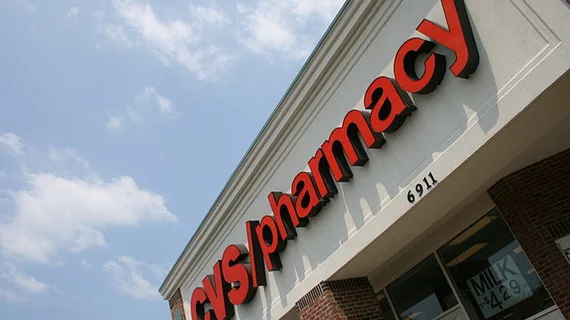CVS-Aetna deal gets DOJ’s preliminary approval
CVS Health and Aetna have received a preliminary go-ahead from the Department of Justice to complete their $69 billion merger, which was announced at the beginning of the year.
The deal, which brings together one of the nation’s largest pharmacy retailers and pharmacy benefits managers with a major health insurance provider, was anticipated to receive approval after Aetna agreed to offload its Medicare Part D prescription drug plan last month. The Justice Department also relayed that it is requiring Aetna to divest that business in an announcement Wednesday.
“Today’s settlement resolves competition concerns posed by this transaction and preserves competition in the sale of Medicare Part D prescription drug plans for individuals,” Assistant Attorney General Makan Delrahim of the Justice Department’s Antitrust Division said in a statement. “The divestitures required here allow for the creation of an integrated pharmacy and health benefits company that has the potential to generate benefits by improving the quality and lowering the costs of the healthcare services that American consumers can obtain.”
Aetna is selling the Part D business to WellCare Health Plans. The DOJ and five state attorneys general filed a lawsuit to enjoin the proposed transaction until the divestment settlement is achieved. If that is approved by the court, the deal would be cleared by the DOJ’s antitrust division and resolve its “competitive concerns.”
The two companies represent 6.8 million members through their respective Medicare Part D prescription drug plans, making them “significant competitors” in the space, according to the DOJ. Without Aetna’s divestment, the combined entity of CVS-Aetna would cause “anticompetitive effects,” such as higher prices, inferior customer service and less innovation, the DOJ alleged in its complaint.
Several other stakeholders in the industry have spoken out against the deal, arguing it will limit competition.

